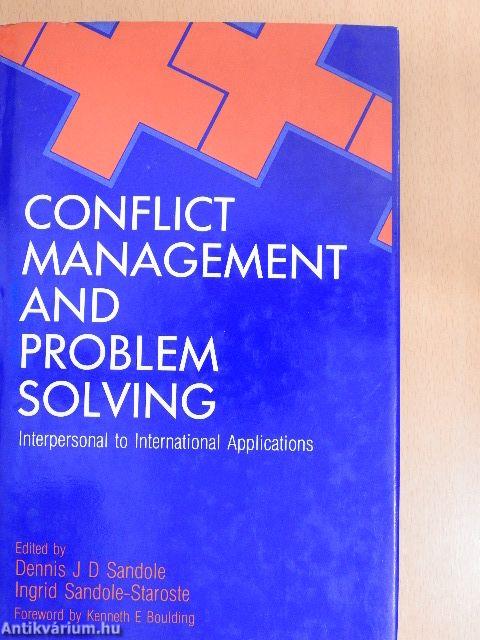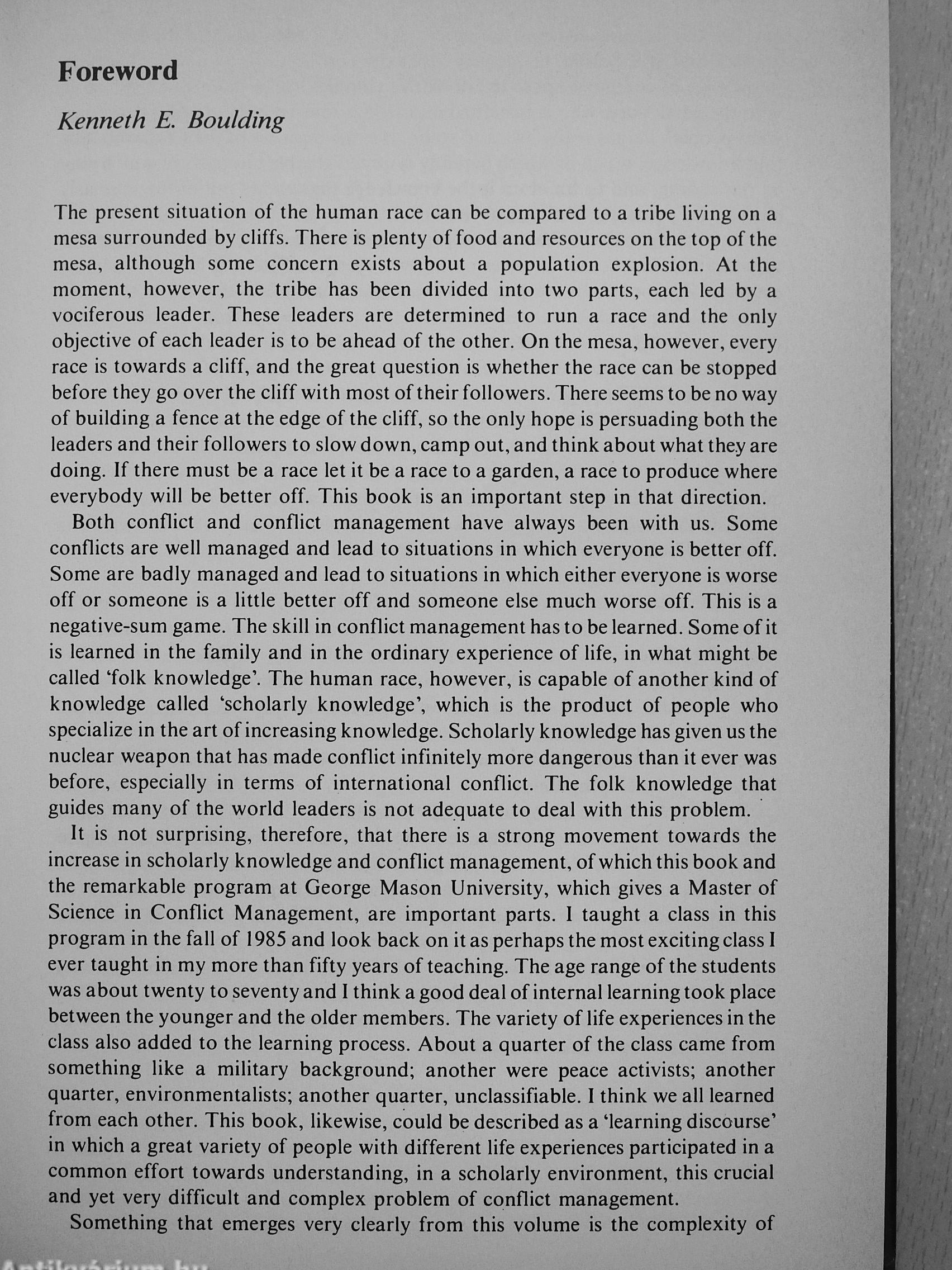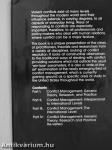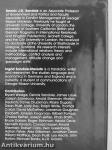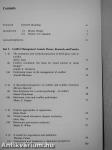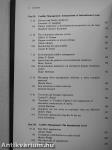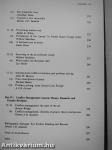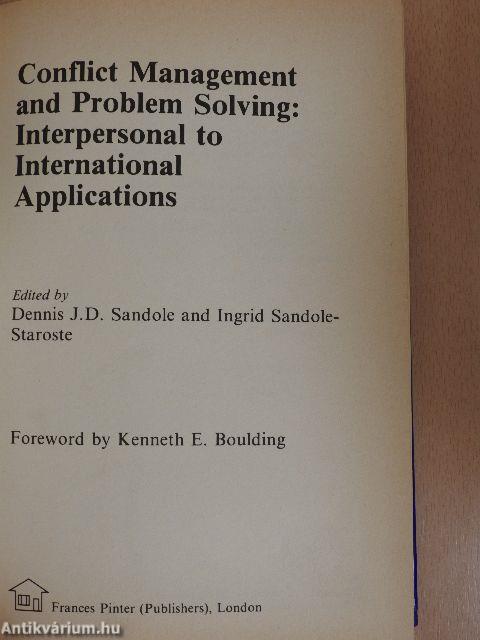1.067.691
kiadvánnyal nyújtjuk Magyarország legnagyobb antikvár könyv-kínálatát

VISSZA
A TETEJÉRE
JAVASLATOKÉszre-
vételek
Conflict Management and Problem Solving: Interpersonal to International Applications
| Kiadó: | Frances Pinter (Publishers) Limited |
|---|---|
| Kiadás helye: | London |
| Kiadás éve: | |
| Kötés típusa: | Ragasztott kemény papírkötés |
| Oldalszám: | 321 oldal |
| Sorozatcím: | |
| Kötetszám: | |
| Nyelv: | Angol |
| Méret: | 24 cm x 16 cm |
| ISBN: | 0-86187-619-9 |
naponta értesítjük a beérkező friss
kiadványokról
naponta értesítjük a beérkező friss
kiadványokról
Előszó
TovábbFülszöveg
Violent conflicts exist at many levels throughout the modem world and their influence extends, in varying degrees, to all aspects of everyday living. Ways of responding to conflicts ore especially Important, therefore, to all professionals and policy-makers who deal with human relations, where conflict can be a major feature.
This book is a uniaue presentation of the views of practitioners, theorists and researchers from a variety of disciplines, looking at conflict resolution. It looks at constructive alternatives to the traditional ways of dealing with conflict, providing solutions which fall outside the usual win-lose' parameters. It is also a 'state-of-the-art' examination of the newly emerging field of conflict management, which is currently gaining ground as a specific area of study in the United States throughout the world.
Contents
Part I: Conflict Management: Generic Theory. Research, and Practice Part II: Conflict Management: Interpersonal
to International Levels... Tovább
Fülszöveg
Violent conflicts exist at many levels throughout the modem world and their influence extends, in varying degrees, to all aspects of everyday living. Ways of responding to conflicts ore especially Important, therefore, to all professionals and policy-makers who deal with human relations, where conflict can be a major feature.
This book is a uniaue presentation of the views of practitioners, theorists and researchers from a variety of disciplines, looking at conflict resolution. It looks at constructive alternatives to the traditional ways of dealing with conflict, providing solutions which fall outside the usual win-lose' parameters. It is also a 'state-of-the-art' examination of the newly emerging field of conflict management, which is currently gaining ground as a specific area of study in the United States throughout the world.
Contents
Part I: Conflict Management: Generic Theory. Research, and Practice Part II: Conflict Management: Interpersonal
to International Levels Part III: Conflict Management: The
International Level Part IV: Conflict Management: Generic Theory. Research and Practice Re-visited
Dennis J.D. Sandole is an Associate Professor of Government and Politics and Faculty -Associate In Conflict Management at George Mason University. Previously he taught at University College, University of London; the University of Southern California (British and German Programs in International Relations); and Kingston Polytechnic, Granett College and the City University in London. He received his doctorate qt the University of Strathclyde in Glasgow, Scotland. His research interests include international relations theory and methodology, conflict analysis and management, attitude change and J
'paradigm shifts'.
Ingrid Sandole-Staroste is a translator, writer and researcher. She studies language ond ^ economics in Germany and England and is currently a student of communications at,-George Mason University. g
Contributors
Bryant Wedge; Dennis Sandole; James Laue;, Joseph Scimecca; Arnold Sherman; Morton, Deutsch; Daniel Druckman; Maire Dugan^^ 5,, Dean Pruitt; Larry Ray; Ralph White; Thomas s': Colosi; David McGaffrey; Lawrence Gaughan;" Elizabeth Janssen Koopman; Gilbert Pompa; Charles Bethel; Joseph Gittler; Ethan Smith; Bruce Dotson; Roger Richman; Harold Davis; , Kenneth Kovach; Conrad Hassel; Arnold Sherman; Robert Clark; Invin Greenberg; Adrian Fisher; Alex Gliksman; Jonathan Dean; Willard Matthias; Dean Pruitt; Leo Hecht; John Burton; Michael Banks; A.J.R. Groom.
Vissza
Témakörök
- Szociológia > Szociálpszichológia
- Idegennyelv > Idegennyelvű könyvek > Angol > Szociológia > Szociálpszichológia
- Idegennyelv > Idegennyelvű könyvek > Angol > Történelem > Egyéb
- Pszichológia > Alkalmazott lélektan > Pszichotechnika > Kommunikáció, konfliktuskezelés
- Pszichológia > Idegennyelvű > Angol
- Pszichológia > Szociálpszichológia > Általában
- Történelem > Idegennyelvű > Angol
- Történelem > Politika > Külpolitika > Diplomácia
- Idegennyelv > Idegennyelvű könyvek > Angol > Pszichológia



